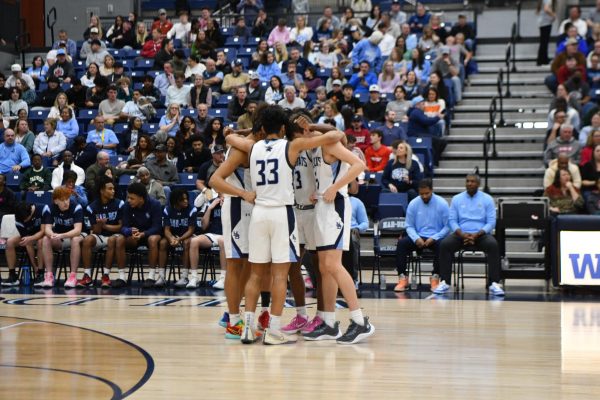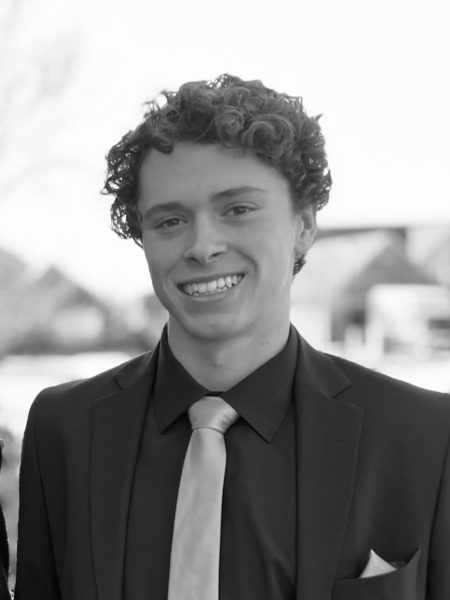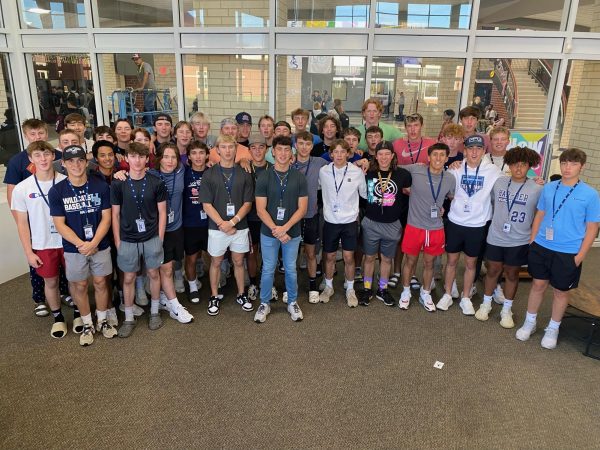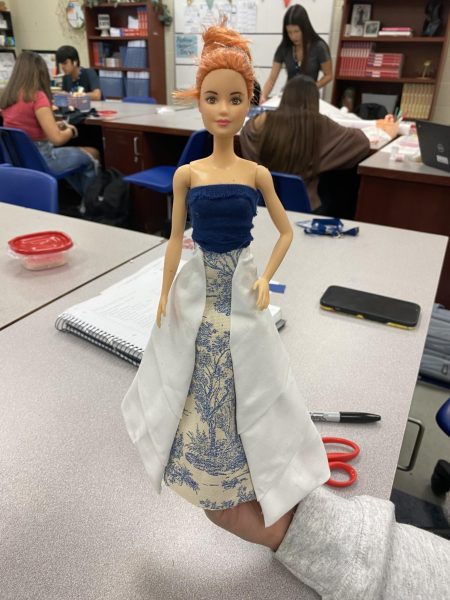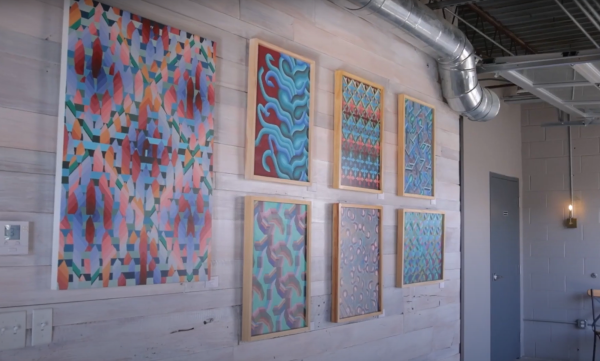Student connects with culture through dance
Sophomore Anterea Muller is Gilbertese and was born in Kiribati, a series of atolls and islands in the Pacific Ocean, near Hawaii and the Marshall Islands. After moving from Kiribati to Fiji, and then later to Springdale in 2018, almost 5,000 miles from his country of origin, he utilizes dance to connect with his culture and other Pacific Islanders.
“Dance in my culture not only brings joy to us,but it’s also a connection that we have together as a country or nationality,” Muller said. “When I see the dances and stuff, I think of my home and how connected we are.”
Most Gilbertese dances draw inspiration from the national bird, the frigate. Dancers mimic the movements of a bird with their entire body. One form of dance is done sitting down with folded legs, focusing more on hand movements. The performers use a mat tied to their body made out of leaves.
Muller also enjoys modern hula. This version of hula combines Gilbertese traditional dance with dances from other countries across the Pacific Ocean, including Hawaii where hula originates despite the dance being shared and learned by people from a variety of countries.
About once a week, Muller gets together with his cousins and practices their dance. Usually, they perform at first birthday parties, a pivotal event in his culture. No matter where or when he is performing, Muller enjoys dancing for its emotional impact.
“Dancing is emotionally enjoyable,” Muller said. “You normally go in, and there’s a song that you really love. Then, you’re starting to hula dance. You’re really emotional, and you move around.”
Despite its prominence, there is more to Muller’s culture than dancing. With 20 inhabited atolls scattered across almost 2,000 miles, people across the country aren’t anywhere near uniform. Different atolls share different cultures, traits, and accents.
“My own culture has a thing for wars and stuff. They will fight you or kill you if you touch their land,” Muller said. “Another atoll has their own culture and they believed in black magic.”
These groups also utilize dance to promote competition and convey disagreement.
“They use dances as a challenge between one culture and the other,” Muller said. “If one atoll of people has drama with other atolls, they will do their dances before they fight or interact with the other people.”
Despite its thriving culture, the more than one hundred thousand people living in Kiribati are in danger. By 2100, it is predicted that all the islands will be below sea level, forcing the Gilbertese still living in their home country to relocate and become climate refugees.
Despite the extremely unlucky hand they’ve been dealt, according to Muller, people in Kiribati are extremely caring and welcoming, even to people they don’t know.
“We’re so kind to strangers. We let them sleep in our house and feed them,” Muller said. “For example, you’re a tourist or someone walking down the road, and people will ask you if you want to eat. That’s really normal in our culture.”
